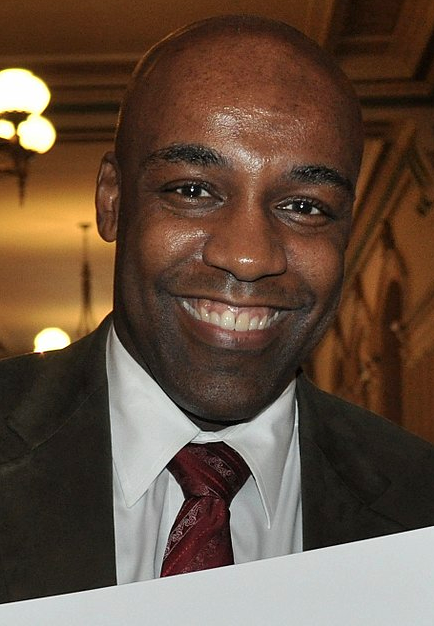
Chicago – Attorney General Kwame Raoul today led a coalition of 20 attorneys general in filing an amicus brief contesting the constitutionality of two abortion bans enacted in Tennessee. In their brief, Raoul and the coalition argue the bans are unconstitutional, do not promote women’s health care, and deny women access to safe, legal abortions.
Get The Latest News!
Don't miss our top stories and need-to-know news everyday in your inbox.
Raoul and the coalition filed the brief in the U.S. Court of Appeals for the 6th Circuit in Memphis Center for Reproductive Health, et al. v. Herbert Slatery, et al. In the brief, Raoul and the coalition urge the appellate court to affirm the district court’s injunction preventing enforcement of a state law that will create barriers to safe and legal abortions that disproportionately impact Black, minority and low-income women. The attorneys general argue that the law places unconstitutional restrictions on a woman’s right to choose.
“State abortion bans deny women access to safe, legal abortions and exacerbate existing health care and economic inequities already faced by women who are Black, minorities or low-income,” Raoul said. “I filed this brief because all women should have the right to make informed decisions about their reproductive health without interference by the government.”
This summer, Tennessee enacted a so-called “Reason Ban,” which prohibits abortion at any stage of pregnancy if the provider “knows” that the patient’s decision to terminate is based on a Down syndrome diagnosis, sex or race. In addition, the so-called “Cascading Bans” prohibit abortion as early as six weeks’ gestation and, if deemed unconstitutional, at various stages of pregnancy. Most of these restrictions would ban abortions several weeks before viability, and in some cases before women even know they are pregnant.
In the brief, Raoul and the coalition highlight past cases in which the Supreme Court has repeatedly ruled that a state may not prohibit any woman from making the decision to terminate her pregnancy before viability. Additionally, the attorneys general point out that women’s health outcomes are advanced by meaningful access to comprehensive reproductive health care services, including abortion. The attorneys general refer to ample scientific evidence that has established the detrimental impact highly-restrictive abortion laws have on women’s health outcomes. In other words, states’ interest in promoting women’s health is best served by ensuring access to abortion services.
Further, laws like Tennessee’s have a disproportionate impact on Black, minority and low-income women. Having access to safe, legal abortions leads to better health outcomes, particularly for Black and minority women who are disproportionately represented in Tennessee’s increasing maternal mortality numbers. Low-income women also are affected disproportionately by abortion bans because in states such as Tennessee that have not expanded access to Medicaid, uninsured women are eligible for coverage only while pregnant, and coverage ends 60 days after they give birth. These inequities are exacerbated by the small number of abortion providers in Tennessee and the long distances many women must travel to access abortion services. Raoul and the attorneys general argue states can promote women’s health without curtailing the right to choose. For instance, many states, including Illinois, provide residents with access to family planning and contraception programs.
Despite Tennessee’s claims that its law is intended to limit discrimination against people with disabilities, such as Down syndrome, Raoul and the coalition maintain combating discrimination should not come at the expense of women’s reproductive rights. States can promote medically-accurate, unbiased information to help women make informed reproductive choices. Further, states can support people with developmental disabilities and their families by providing civil rights protections, and delivering social and medical services.
Illinois and the states joining today’s brief have an interest in protecting their own residents who live, work or visit Tennessee. For example, students from Illinois make up Tennessee’s fourth-largest out-of-state student population.
Joining Attorney General Raoul in filing the amicus brief are the attorneys general of California, Colorado, Connecticut, Delaware, the District of Columbia, Hawaii, Maryland, Massachusetts, Michigan, Minnesota, Nevada, New Jersey, New Mexico, New York, Oregon, Rhode Island, Vermont, Virginia and Washington.
More like this:
